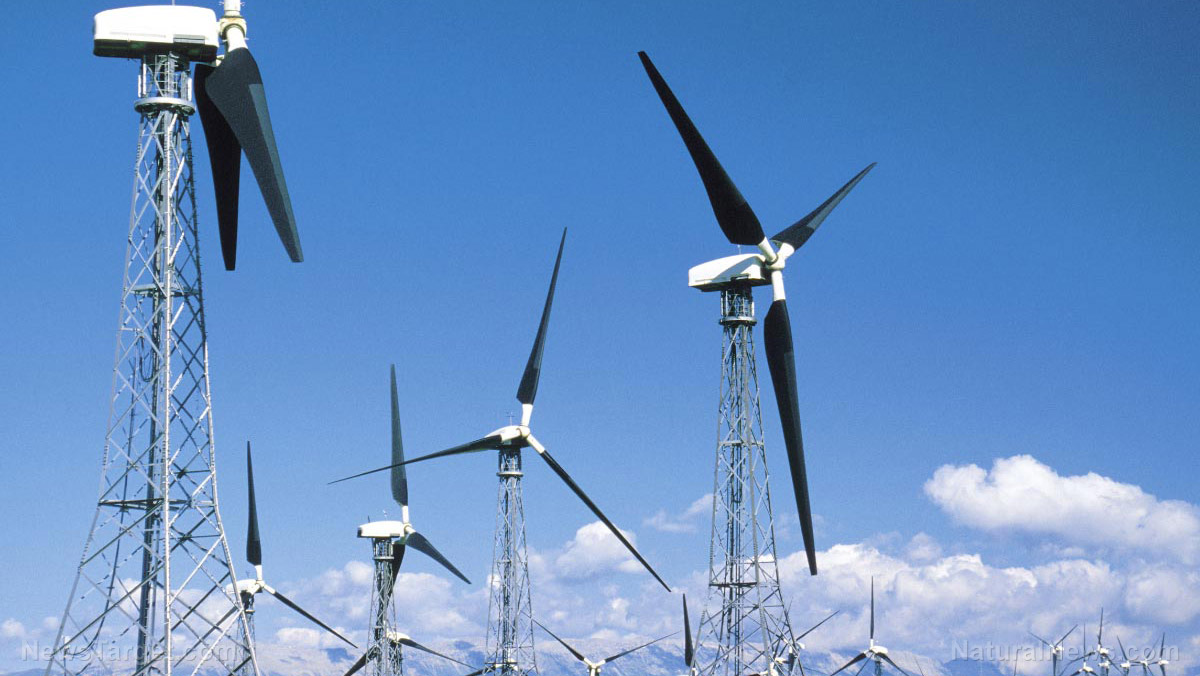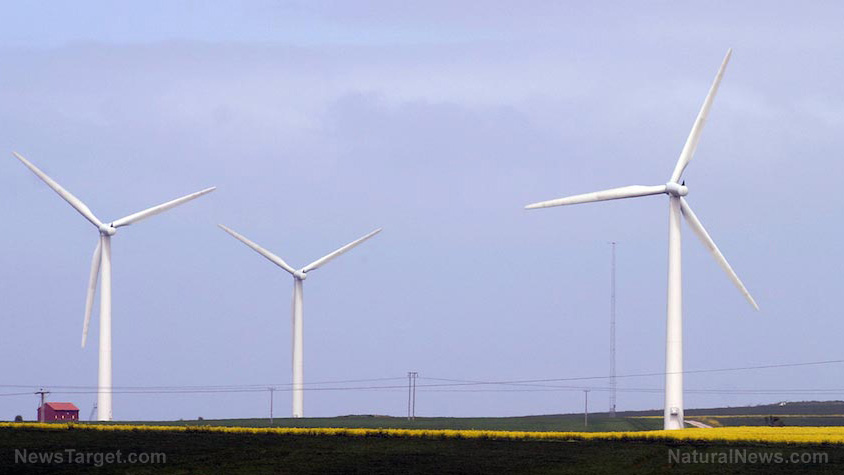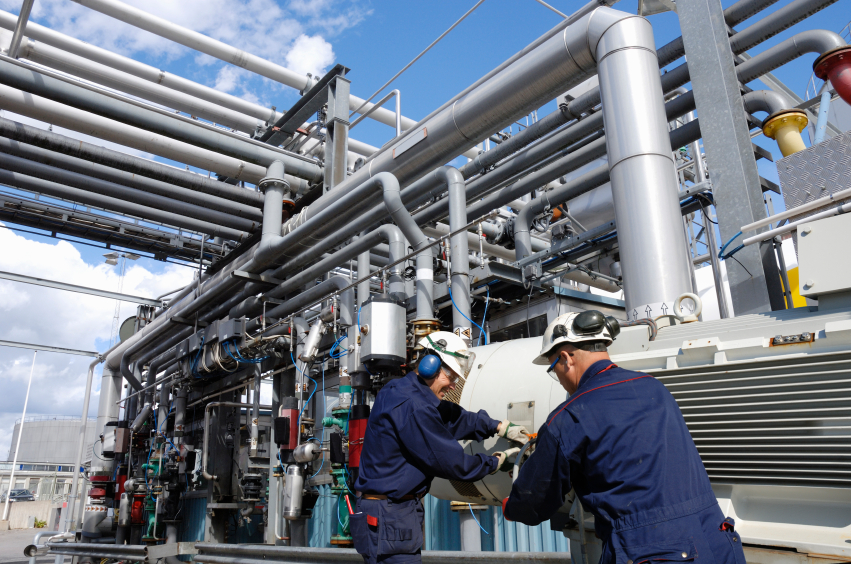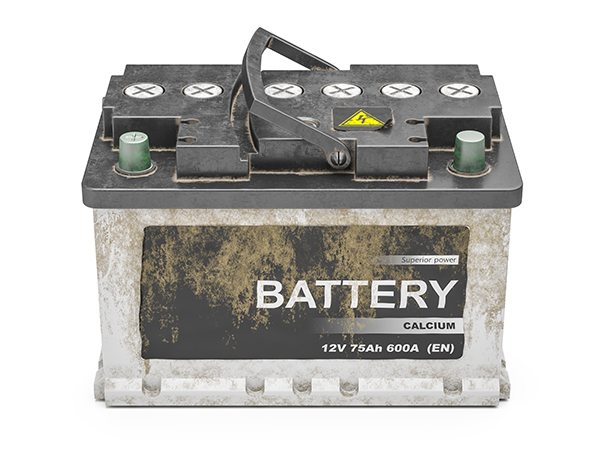Ford’s partnership with Communist China to make batteries for electric vehicles seen as huge national security risk
02/24/2023 / By JD Heyes

Ford’s announcement of an $3.5 billion partnership with Chinese electric vehicle (EV) battery manufacturer Contemporary Amperex Technology Co. Ltd. (CATL) has generated considerable alarm over the potential economic and national security risks.
The partnership will build a new plant in Marshall, Michigan, to produce lithium-iron-phosphate batteries, commonly known as LFP. This type of battery is less energy-dense and cheaper than the nickel-cobalt-manganese combo that is the current market leader.
Under the terms of the agreement, CATL will supply EV battery technology, some equipment, and workers, while a Ford-owned subsidiary will employ the workers and own the factory.
This comes at a time when the US is confronting the Chinese regime’s attempt to overtake it economically and militarily, such as the shooting down of a Chinese spy balloon that hovered over American military sites in late January, The Epoch Times reported this week.
The partnership raises significant questions about the reliability of US-made products for American consumers and the potential for Chinese companies to gain an unfair advantage over their American competitors. To allay these concerns, Ford must establish a clear set of rules and regulations to ensure that the deal does not compromise America’s economic and national security. This could include stringent oversight over the use of Chinese technology and workers, as well as the sharing of proprietary information.
Ford must also demonstrate that its efforts to open new EV factories in the US will result in more jobs and greater economic investment in the country, the outlet continued.
Ford and Michigan leaders have hailed the agreement as a major financial gain for the state, with Michigan Gov. Gretchen Whitmer, a Democrat, crowing about the projected creation of 2,500 jobs as a significant contribution to the state’s economic growth. While these jobs are to be welcomed, some have voiced concerns over Ford’s partnership with a Chinese firm, given the Chinese government’s ultimate goal of superseding American industries in the global economy. Such a partnership, they argue, could have long-term repercussions on the US economy, according to The Epoch Times report.
The deal in Michigan comes as GOP Virginia Gov. Glenn Youngkin removed his state from consideration for the new plant because of Ford’s partnership with a Chinese firm.
Youngkin has staunchly defended his decision to nix a proposed project with Chinese investors in his state. He argued that the project had raised serious national security concerns, while also potentially running afoul of federal Inflation Reduction Act incentives.
Moreover, the governor argued that the structure of the project could have tied up a prime industrial site for something that might not have been successful. He concluded that withdrawing the state’s consideration was in the best interests of Virginia taxpayers, WUSA reported this week.
House Majority Leader Terry Kilgore defended the governor, saying Youngkin had acted on legitimate concerns and preserved the megasite for other prospects, the outlet reported.
“Governor Younkin and his team looked at this and decided this was not the best deal for Virginia,” he said.
Youngkin described Ford’s battery plant as a “trojan horse” for the Chinese Communist Party to undermine U.S. efforts to strengthen the American auto industry and protect its technology from being stolen.
“While Ford is an iconic American company, it became clear that this proposal would serve as a front for the Chinese Communist Party (CCP), which could compromise our economic security and Virginians’ personal privacy,” a spokesperson for the GOP governor told The Epoch Times.
A Washington-based partner at a global law firm specializing in national security litigation believes the success of the deal is contingent on the availability of the Individual Retirement Arrangement (IRA) tax credit. To ensure Ford’s eligibility for the tax credit and also compensate CATL, Ford devised a plan which included using other sources of funds not available without the tax credit.
“At the end of the day, [CATL] is a Chinese company with Chinese nationals and ties to the Chinese Communist Party. And they are going to be working here in the United States under the cover of Ford, one of the most iconic U.S. brands in the world, even though the behavior, the technology transfer, and the financial incentives are all the same as if it were Ford and CATL working side by side in a 50-50 joint venture,” the attorney source told The Epoch Times.
Sources include:
Submit a correction >>
Tagged Under:
batteries, CATL, China, communist China, danger, electric vehicles, electricity, EVs, ford, Glenn Youngkin, green deal, Gretchen Whitmer, jobs, Michigan, money supply, national security, risk, Spygate, traitors, Virginia
This article may contain statements that reflect the opinion of the author
RECENT NEWS & ARTICLES
NewEnergyReport.com is a fact-based public education website published by New Energy Report Features, LLC.
All content copyright © 2018 by New Energy Report Features, LLC.
Contact Us with Tips or Corrections
All trademarks, registered trademarks and servicemarks mentioned on this site are the property of their respective owners.




















